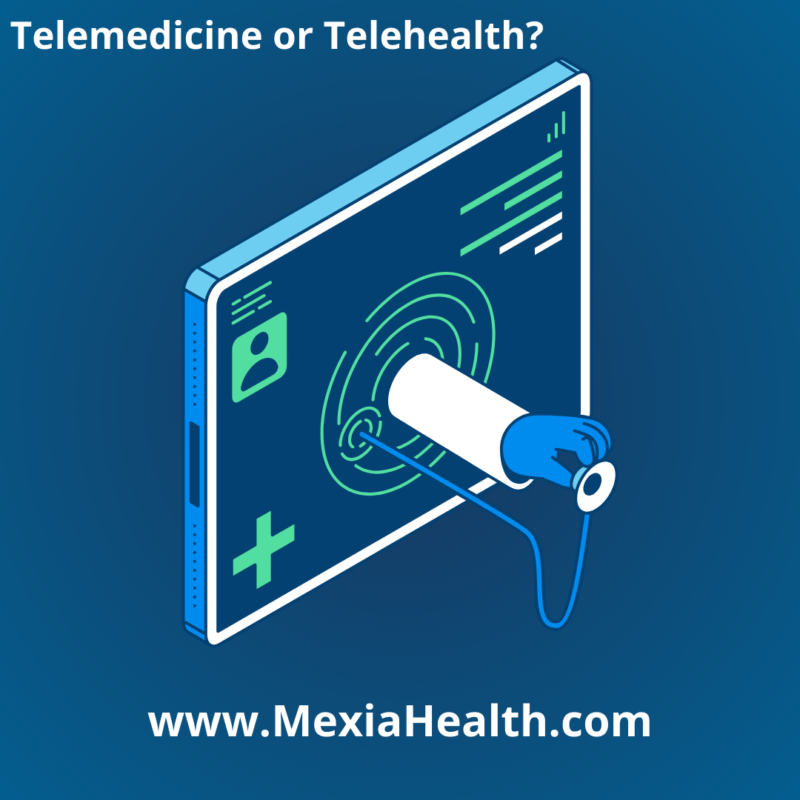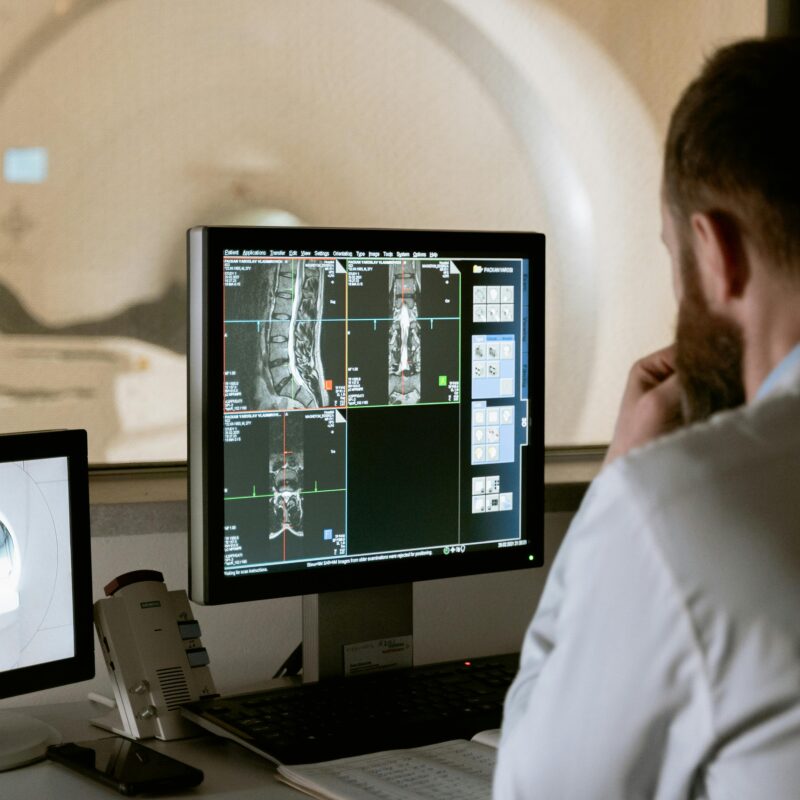A paradigm shift is underway, transforming the landscape of medical tourism. With the advent of telemedicine, the traditional boundaries of healthcare delivery are being redefined, offering patients unprecedented access to quality care irrespective of geographical constraints. As a patient navigating the maze of medical tourism, I have experienced firsthand the transformative power of telemedicine, particularly in the context of virtual consultations and follow-up care. In this blog post, I aim to delve into the pivotal role of telemedicine in revolutionizing the medical tourism industry, with a spotlight on its implications for patients seeking healthcare solutions in destinations like Mexico.
Medical tourism, the practice of traveling abroad for medical treatment, has witnessed exponential growth in recent years, fueled by factors such as cost savings, shorter wait times, and access to advanced medical procedures. Among the myriad challenges faced by medical tourists, the lack of continuity in care – from initial consultation to post-treatment follow-up – has been a recurring concern. Enter telemedicine, the game-changer that is bridging this gap and reshaping the medical tourism landscape.
Virtual consultations serve as the cornerstone of telemedicine in medical tourism, offering patients a convenient and efficient means to connect with healthcare providers across borders. Platforms like MexiaHealth have emerged as pioneers in this space, facilitating seamless virtual interactions between patients and renowned medical professionals in Mexico. From the comfort of your home, you are now able to schedule a virtual consultation with a specialist at a leading Mexican hospital, eliminating the need for costly and time-consuming travel for preliminary assessments.
Beyond the initial consultation, telemedicine plays a pivotal role in pre-travel assessments, ensuring that patients are adequately prepared for their medical journey. Through virtual platforms, patients can undergo comprehensive evaluations, including medical history review, diagnostic tests, and treatment planning, thereby streamlining the pre-travel process and enhancing the overall patient experience. For instance, MexiaHealth offers tailored pre-travel assessment packages, encompassing medical evaluations, itinerary planning, and logistical support, to facilitate a smooth transition for international patients seeking care in Mexico.
However, perhaps the most profound impact of telemedicine in medical tourism lies in its ability to facilitate post-treatment follow-up care, thereby ensuring continuity and quality in patient outcomes. Historically, patients returning home after undergoing medical procedures abroad faced significant challenges in accessing timely follow-up care, often leading to suboptimal outcomes and dissatisfaction. Telemedicine addresses this critical need by enabling remote monitoring, virtual check-ins, and real-time communication between patients and healthcare providers, transcending geographical barriers and fostering a seamless continuum of care.
For instance, imagine undergoing a complex surgical procedure at a state-of-the-art hospital in Mexico and returning home to another country for recovery. In the past, the prospect of post-operative complications or the need for follow-up consultations could be daunting. However, with telemedicine platforms like MexiaHealth, patients can enjoy peace of mind knowing that they can easily connect with their healthcare team for ongoing support and guidance. Virtual follow-up consultations allow for close monitoring of recovery progress, early detection of potential complications, and timely interventions, all from the comfort and convenience of home.
Moreover, telemedicine facilitates patient education and empowerment, empowering individuals to take an active role in their healthcare journey. Through virtual platforms, patients can access educational resources, engage in remote health coaching sessions, and participate in support groups, thereby enhancing their understanding of medical conditions, treatment options, and self-care strategies. This holistic approach to patient engagement not only improves health outcomes but also fosters a sense of empowerment and autonomy among medical tourists.
In conclusion, telemedicine is revolutionizing the medical tourism industry by redefining the way patients access and receive healthcare services. From virtual consultations and pre-travel assessments to post-treatment follow-up care, telemedicine offers a comprehensive solution to the challenges faced by medical tourists, enhancing convenience, continuity, and quality in care delivery. As someone who has benefited from the transformative power of telemedicine in my own medical journey, I am confident that its widespread adoption will continue to shape the future of medical tourism, opening new doors of opportunity for patients seeking world-class care beyond borders.
Click here to book a free telemedicine appointment with a highly-qualified, bilingual, and U.S.-trained Mexican Doctor through MexiaHealth.



